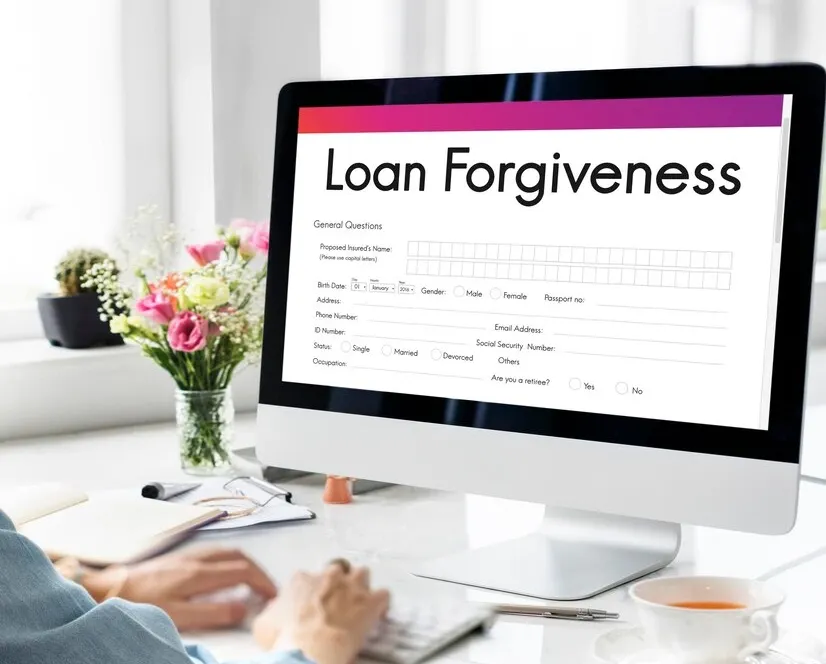Loan settlement can provide much-needed relief for individuals struggling with debt. However, settling a loan often comes with significant repercussions, particularly on your CIBIL score. The impact of loan settlement on your CIBIL score is crucial in determining your ability to secure future credit. In this blog, we will explore loan settlement effects on your credit score and how to recover from the impact of loan settlement.
What is Loan Settlement?
Loan settlement occurs when a borrower is unable to repay the full loan amount and negotiates with the lender to pay a portion of the outstanding balance. The lender agrees to accept this reduced amount as a final settlement, closing the loan. However, the loan is marked as “settled” rather than “paid in full” on your credit report, affecting your CIBIL score and signaling that you did not repay the entire loan. This impact of loan settlement can significantly lower your credit score, making future loans harder to secure.
The Impact of Loan Settlement on CIBIL Score
Your CIBIL score is a numerical representation of your creditworthiness, ranging from 300 to 900. It is used by lenders to evaluate the risk of lending you money. When you settle a loan, the loan settlement effects include several negative consequences for your credit score:
1. Lowered Credit Score
One of the most immediate loan settlement effects is a sharp decline in your CIBIL score. This happens because settling a loan is seen as a failure to fully meet your loan obligations. The impact of loan settlement can typically reduce your score by 75 to 100 points or more.
2. “Settled” Status on Your Credit Report
When you settle a loan, it is reflected as “settled” in your credit report. This status stays on your report for up to seven years and signals to potential lenders that you were unable to repay a previous loan in full. The impact of loan settlement on CIBIL score may make lenders view you as a high-risk borrower.
3. Difficulty in Obtaining Future Credit
Since loan settlement effects include financial difficulty, it can hurt your chances of securing future credit. Many lenders may reject loan applications, or offer unfavorable terms such as higher interest rates due to the impact of loan settlement.
4. Impact on Other Loans and Credit Products
Loan settlement effects aren’t limited to personal loans; they also impact your ability to secure a home loan, car loan, or credit card. The impact of loan settlement on CIBIL score raises concerns about your financial stability and ability to repay debts.
How to Recover from the Impact of Loan Settlement
Though settling a loan can negatively affect your CIBIL score, it’s possible to recover. Here are credit score improvement tips to help repair your credit after the impact of loan settlement:
1. Check Your Credit Report Regularly
The first step to recovery is knowing the state of your credit. Get a copy of your credit report and check for errors. Any incorrect entries, such as a loan marked as “settled” when it was fully paid, should be disputed immediately to minimize the impact of loan settlement.
2. Pay Existing Loans on Time
Your payment history has a major influence on your CIBIL score. Making timely payments on any existing loans is one of the most effective credit score improvement tips.
3. Avoid Taking on New Loans Immediately
It’s tempting to apply for new loans after settlement to rebuild credit, but this can worsen the impact of loan settlement on your CIBIL score. Focus on repaying existing debts first.
4. Use a Secured Credit Card
A secured credit card is a great tool for rebuilding your CIBIL score after the impact of loan settlement. Using the card responsibly can gradually improve your credit score.
5. Maintain a Low Credit Utilization Ratio
Keeping your credit utilization ratio below 30% is another essential credit score improvement tip. This demonstrates responsible credit management and can reduce the impact of loan settlement on CIBIL score.
6. Opt for a Small Personal Loan
Once your score improves, consider applying for a small personal loan that you can repay easily. This helps mitigate the impact of loan settlement on CIBIL score.
7. Be Patient and Consistent
Rebuilding your CIBIL score after the impact of loan settlement takes time. By consistently paying bills on time, you’ll see gradual improvements.
8. Consider Credit Counseling
If you’re unsure about how to recover from the loan settlement effects, consider credit counseling for expert guidance on credit score improvement tips.
Conclusion
While loan settlement offers relief from debt, it comes at the cost of a significant drop in your CIBIL score. This can affect your ability to borrow in the future and may make lenders view you as a high-risk borrower. However, by following the steps outlined above, it is possible to recover and improve your CIBIL score over time.
At SolvFree, we understand the challenges that come with loan settlement and the subsequent recovery process. Our team of experts can provide personalized advice and guidance to help you get back on track and regain control of your financial future. Remember, improving your CIBIL score takes time, but with persistence and responsible credit management, you can bounce back stronger than before.



